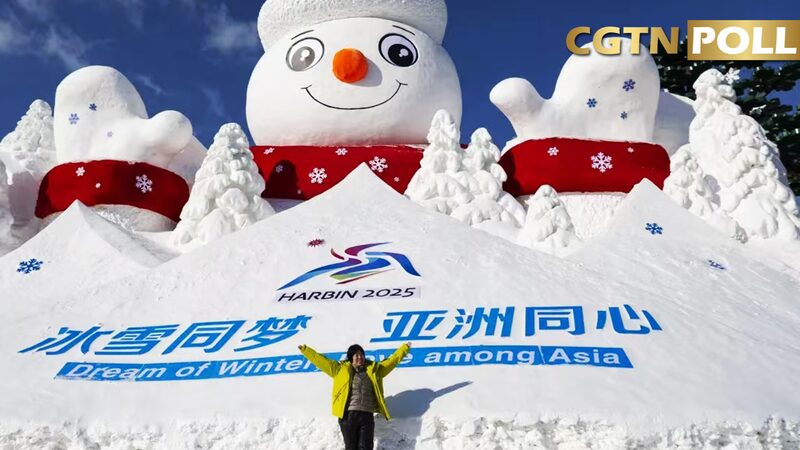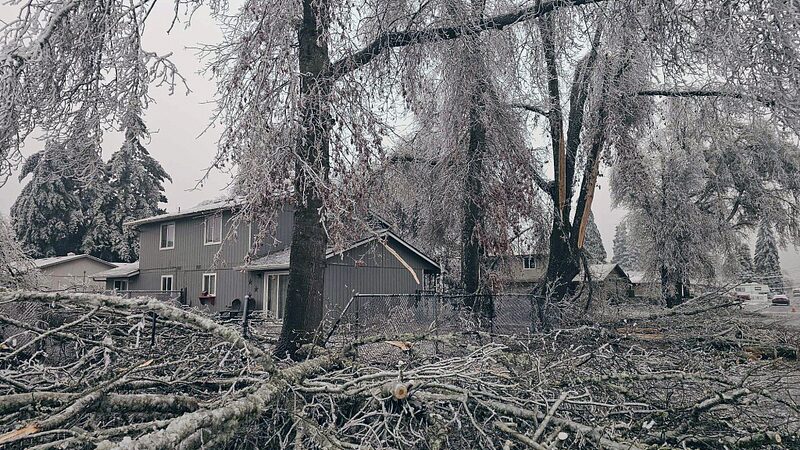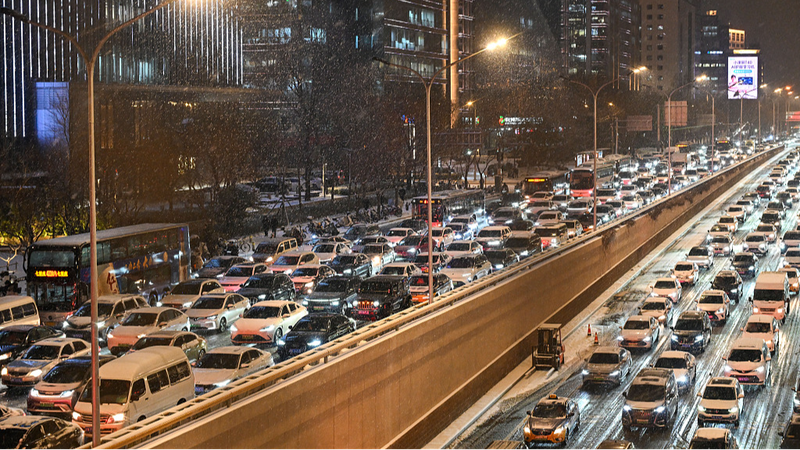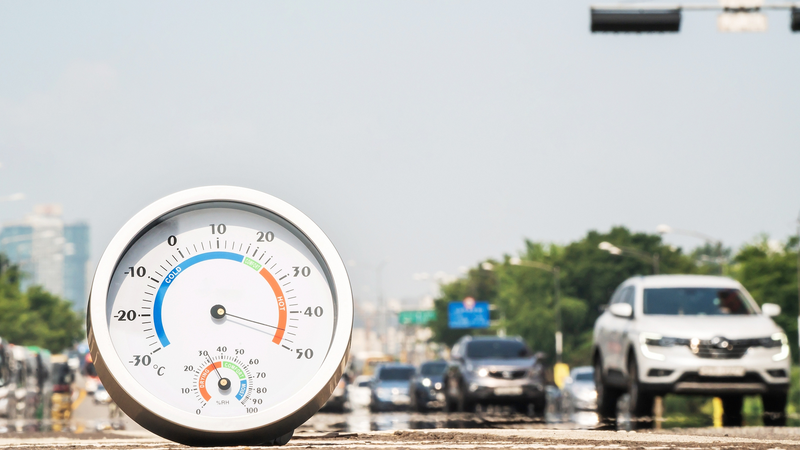Think climate change means more icy winters? Think again! A groundbreaking study by Chinese and U.S. scientists shows human-induced global warming is actually reducing the intensity of extreme cold events. ❄️➡️🌡️
Published in npj Climate and Atmospheric Science, the research analyzed the brutal December 2023 cold snap in eastern China. While atmospheric patterns caused 83% of the chill, climate change softened the blow by up to 22% – like nature’s “global warming discount” on winter misery.
“Cold waves are becoming both rarer and milder,” said Prof. Qian Cheng from the Chinese Academy of Sciences. The numbers speak volumes:
- 92% less likely to occur than in pre-industrial times
- 1.9°C less intense on average
- 95% reduction projected by 2100 under current emissions
But here’s the plot twist: ❄️ Cold snaps won’t disappear completely even if we hit the Paris Agreement’s 1.5°C target. “We still need to prepare for surprise freezes,” Qian warns – a stark reminder that climate adaptation is crucial.
The study’s trans-Pacific collaboration (featuring researchers from Beijing to Albany, NY) highlights how science bridges borders to decode our warming world. 🌏✨
Reference(s):
Climate change is weakening extreme cold events, study finds
cgtn.com







